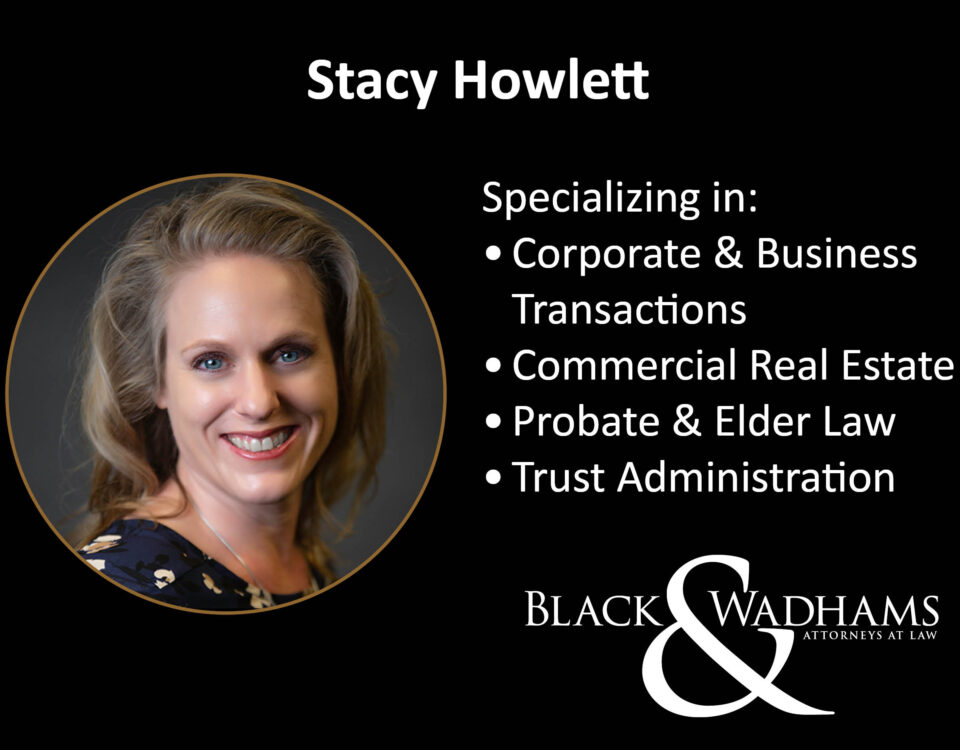 Nevada Assembly Bill 273 makes major improvements to Nevada law to protect homeowners by limiting the amount of money a bank can collect after a homeowner loses their home. The law also reduces the time a bank has to file a lawsuit against some homeowners. These protections will greatly improve a homeowner’s opportunity to start over after a foreclosure or short sales, without the threat of a huge debt or a lawsuit by a lender.
Nevada Assembly Bill 273 makes major improvements to Nevada law to protect homeowners by limiting the amount of money a bank can collect after a homeowner loses their home. The law also reduces the time a bank has to file a lawsuit against some homeowners. These protections will greatly improve a homeowner’s opportunity to start over after a foreclosure or short sales, without the threat of a huge debt or a lawsuit by a lender.
Under Section 3 of AB 273, a lender may not collect a deficiency remaining on a second mortgage if it was taken out after June 10, 2011. This law will apply if (1) the lender is a financial institution; (2) the real property is a single-family house; (3) the homeowner owned the property; (4) the borrower used the loan to purchase the property; (5) the homeowner lived in the property and (6) did not refinance the loan. Section 3 also expands the protection afforded to homeowners by prohibiting collection of deficiencies on an eligible second mortgage after a foreclosure sale, trustee sale, short sale and deed in lieu of foreclosure, protecting Nevadans who cooperate with the banks and try a short sale or deed in lieu of foreclosure but are not released from the deficiency.
Homeowners won’t have to wait for six years to find out if they are going to be sued to collect on their second loan. Section 3.3 states that a junior lienholder must file a lawsuit to recover a deficiency within six months after a foreclosure sale of the house, a short sale or a deed in lieu of foreclosure that occurs on or after July 1, 2011.
The new law states that the lender will not be allowed to collect from both the insurance company and the homeowner. Section 2 of AB 273 directs judges to subtract the amount of proceeds received by, or payable to, the holder of a second mortgage from an insurance policy from the amount owed by the homeowner. The laws in Section 2 will only apply to second mortgages taken out after June 10, 2011.
Many homeowners are finding that their mortgages are being sold to debt collection agencies or secondary buyers that quickly threaten to file lawsuits to collect a deficiency. Sections 2 and 5 of the new law will stop businesses from paying pennies on the dollar for mortgages and then trying to collect in full. Section 5 of AB 273 limits that recovery if the creditor bought the loan or the debt from a previous owner or lender. If so, the creditor’s recovery is limited to the amount the creditor paid for the loan minus the fair market value or actual sale price of the house, plus interest. Section 5 becomes effective June 10, 2011. Companies that purchase second mortgages and sue to collect are governed by Section 2 of AB 273 and are also limited to amount they paid for the second mortgage, plus interest and costs.
Nevada Assembly Bill 373 provides that a person in possession of real property who, under certain circumstances, removes, conceals or destroys any real property that is subject to foreclosure with the intent to defraud and who causes a secured party to suffer pecuniary loss, is guilty of a misdemeanor. This new criminal law takes effect on October 1, 2011. Homeowners that purposely trash their homes before a foreclosure sale in order to make the bank “pay” will find themselves subject to arrest and prosecution after the effective date of this new law.

